|
Concurrent Session Block IV
CS 4A: The New Ombuds in Your Office: What You Think They Need to Know and What They Think They Need to Know | White River B
The new ombuds who is a new employee to the organization has a wealth of information to learn, both about the Ombuds Office and its procedures and about the organization. To ensure that the new person is able to quickly grasp the foundational information and to prepare to be effective with organizational visitors, the current organizational ombuds faces the tasks of collecting essential information, arranging meet and greets with the essential offices and people within the organization, structuring the ombuds onboarding to be full and engaging but not overwhelming and stressful, and welcoming the new ombuds to the office while still maintaining office operations and meeting the organizational needs.
The new ombuds is excited to be joining the ranks of ombuds and the organization but knows that they have much to learn and absorb about both the role and the organization's history, culture, structure, and people. Ensuring that the new ombuds is not overwhelmed but is challenged and engaged from the start is a fine balance for the current ombuds.
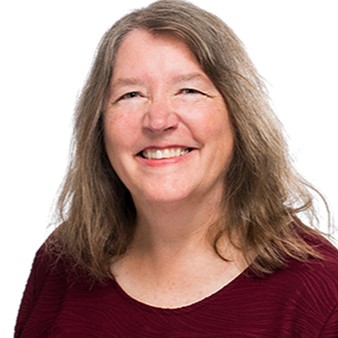 Marsha Baum Marsha Baum comes to ombuds work from academia, as a faculty member and as an administrator. She is experienced in conflict resolution and in personnel management. As an instructor and conference presenter, she has presented in various venues on various topics. Since she is new to the ombuds role, she can speak to her reactions to the firehose of information that is needed to prepare to see visitors for the first time in her organization.
Ronnie Thomson has over 20 years of experience as a organizational ombuds and has served IOA in various capacities, including as Board member and President. She is an experienced speaker and presenter and is very familiar with the various aspects of ombuds practice that a new ombuds would need to know.
CS 4B: Advocating for Your Office | White River G-H
IOA routinely receives requests/pleas for assistance to help organizational ombuds and members defend their program - whether it be to formal channels, those perceived to have more power in the organization (e.g., general counsel), or other c-suite decision makers. What we have discovered while triaging most of these requests is either discomfort with advocacy language or seasoned ombuds who need a reframe of how they defend. Given IOA's lobbying efforts and how we describe the work to decision-makers, we want to pass that knowledge down and also provide a framework/checklist for issues to consider when faced with a threat or need to defend.
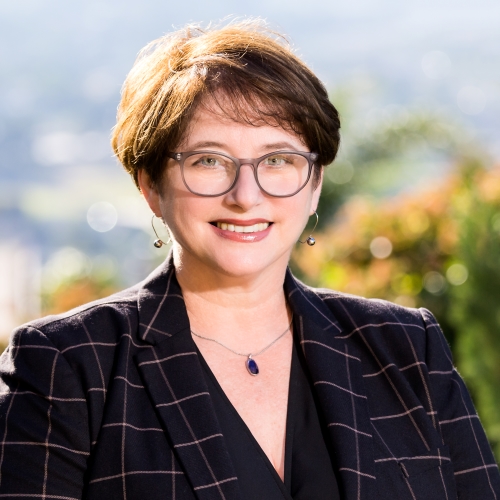
Ellen M. Miller is the Executive Director of the International Ombuds Association. She is a collaborative, creative leader with over 25 years of association and governance experience including organizational management, program development, advocacy, stakeholder engagement, service implementation, and strategic planning /positioning. An advocate for organizational ombuds, Ellen speaks, writes, and educates policymakers on issues impacting the field.
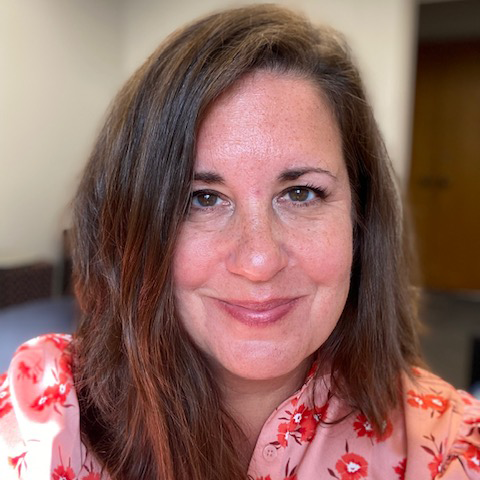
Sarah Klaper was named Northwestern University's first university ombudsperson in August 2021. Sarah comes to Northwestern from Northern Illinois University in DeKalb, Ill., where she served for nine years as the University Ombudsperson. Prior to her time at NIU, Sarah was an instructor of Legal Analysis, Research, and Communication at DePaul University College of Law in Chicago. She also taught Education Law, as well as State and Local Government. Sarah's background is in law, and she practiced mainly public interest work for many years. Sarah started her legal career at Southeastern Ohio Legal Services in Portsmouth, Ohio. She last practiced at the Citizen Advocacy Center in Elmhurst, Illinois, where she focused on open government work and community organizing around issues such as the First Amendment, the Open Meetings Act, and the Freedom of Information Act. The principles of fairness and equity have guided Sarah throughout her career.
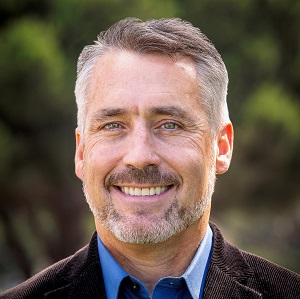 Mark Patterson is CSUCI's University Ombuds. He helps university employees in all categories resolve conflict and navigate administration and policies. Before becoming the University Ombuds at CSUCI, Mark served as University Ombuds for William & Mary, in Williamsburg, Virginia. Before becoming an ombuds, Mark served as an attorney in the Air Force for 24 years, retiring at the rank of colonel. He received a bachelor of arts in journalism from Marietta College, Ohio, a juris doctor (law degree) from Duke University and a Master of Laws in international dispute resolution from Fordham University. He is a licensed attorney in the state of New York, a certified mediator and has completed the International Ombudsman Association's Foundations of Organizational Ombudsman Practice course. Mark Patterson is CSUCI's University Ombuds. He helps university employees in all categories resolve conflict and navigate administration and policies. Before becoming the University Ombuds at CSUCI, Mark served as University Ombuds for William & Mary, in Williamsburg, Virginia. Before becoming an ombuds, Mark served as an attorney in the Air Force for 24 years, retiring at the rank of colonel. He received a bachelor of arts in journalism from Marietta College, Ohio, a juris doctor (law degree) from Duke University and a Master of Laws in international dispute resolution from Fordham University. He is a licensed attorney in the state of New York, a certified mediator and has completed the International Ombudsman Association's Foundations of Organizational Ombudsman Practice course.
CS 4C: The Spiral of Conflict: Finding Connectedness through the Darkness and Isolation of Being in Conflict | White River I-J
The Spiral of Conflict is a theoretical cycle that highlights the limiting factors of focusing on the past, and future in order to find effective solutions to resolve conflict. It's commonly used for visitors who ask for options on reacting and responses to conflict. Also identifies patterns of behavior that allows individuals an opportunity to be open to options. Examples of behavioral responses to conflict focused on past cycle patterns are regret, remorse, resentment and anger. In contrast, the future examples of behavioral responses are anxiety, fear, expectation, assumption and frustration.
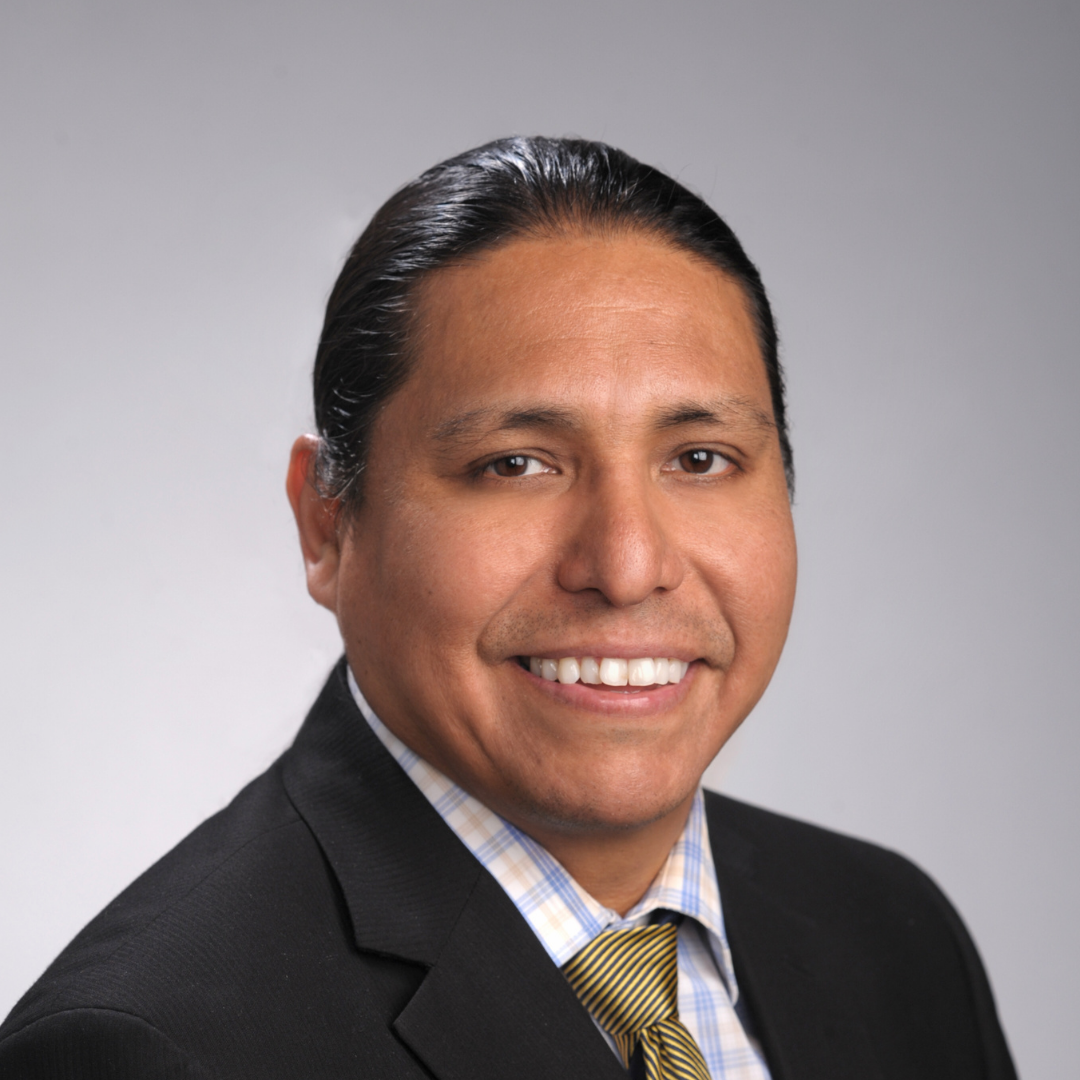 Neal Powless Neal Powless is an Onondaga Nation Member of the Eel clan. He has produced a Major Motion Picture titled Crooked Arrows, and numerous documentaries. He is also a public speaker, teacher, consultant, and manages Indigenous Concepts Consulting with his wife Michelle. Powless was a former professional athlete and competed in international competitions for 16 years. Neal was a 3x All-American and All-world attackman and has won multiple National and Professional Championships in Canada and the USA. Neal has been the head coach of the Dutch National lacrosse team since 2014, and his team is currently ranked #8 in the world.
CS 4D: Neuroscience, Ombud's Practice, and Scared Brains | White River C-D
In today's workplace landscape, where disengagement and burnout threaten productivity, mentorship emerges as the transformative solution. The statistics are alarming: 30% of employees are disengaged, and only 4 in 10 employees feel clear about their role expectations. The supervisor-employee connection, a critical bond, has seen a 22% decline. However, there is a beacon of hope amidst these challenges. This talk delves into the profound impact of mentorship on organizational dynamics. Backed by compelling data, it will unravel the magic of mentorship, showcasing its potential to reinvigorate disengaged employees, rekindle passion, and enhance productivity. This will be illustrated through the use of personal stories illustrating the profound impact my mentor had on my career journey, highlighting the transformative power of mentorship. Through these narratives, attendees will learn how caring for employees' holistic well-being not only reduces turnover rates but also ignites advocacy for their workplace, as well as the power of recognizing and utilizing strengths, revealing that employees who leverage their strengths daily are six times more likely to be engaged.
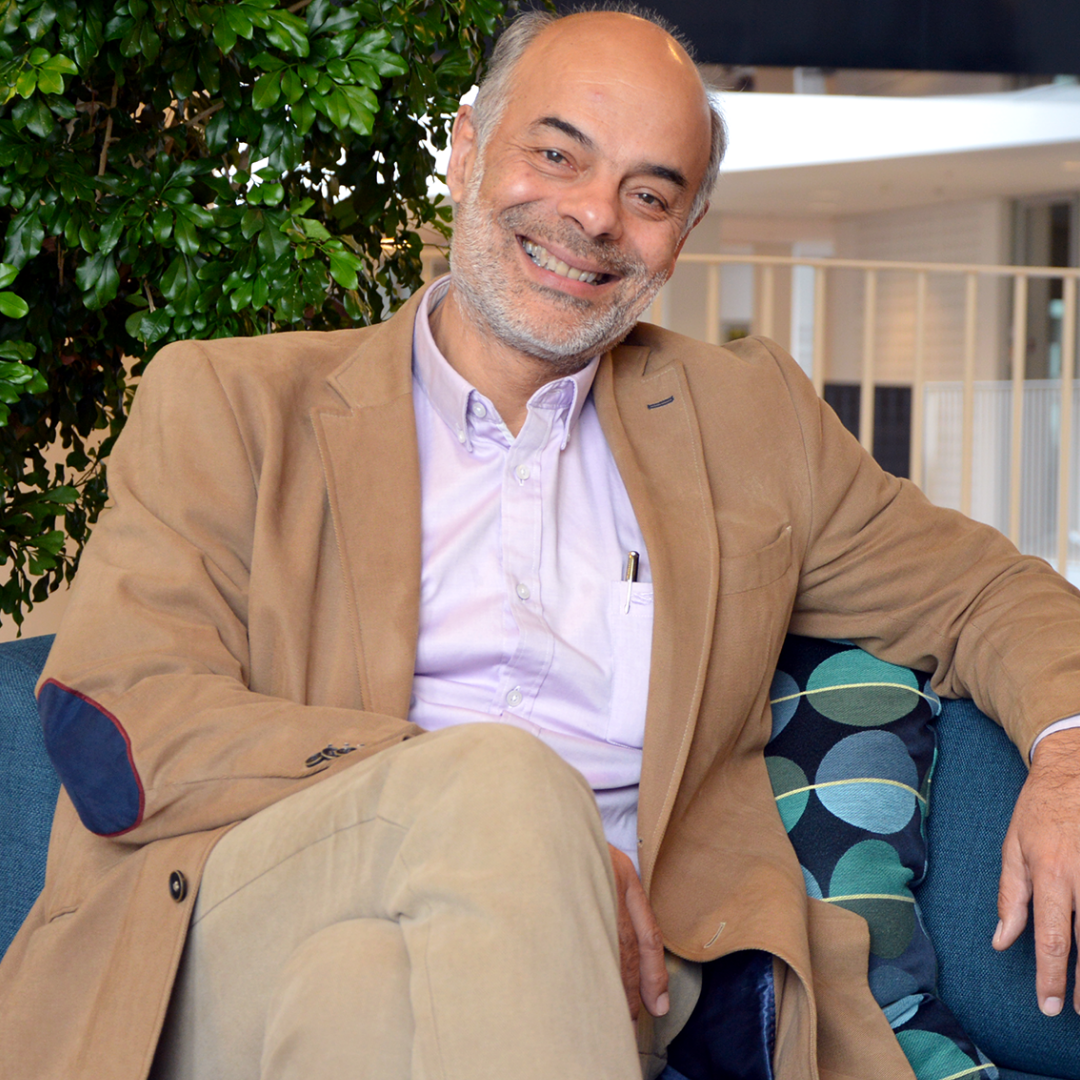 Francisco Espejo Francisco Espejo is the Regional Ombudsman for the WHO Regional Office for Europe. Francisco started his international career in February 2005 working for the United Nations World Food Programme (WFP), first in Rome, as Chief of School Feeding Services, then as Regional Programme Advisor in Panama City. He was then appointed WFP Ombudsman in February 2011, in order to offer his services to WFP’s employees (15,000). Since 2015, Francisco is the Regional Ombudsman for the United Nations in Latin America and the Caribbean, where his office covers 3.200 employees.
During his practice as Ombudsman, he has opened more than 1,800 cases, facilitating informal conflict resolution through mediation, coaching, and shuttle diplomacy, among other activities. In addition, he has trained more than 1,700 employees from Asia, Africa and Latin America, and the Caribbean in various subjects related to conflict resolution.
He was certified as a mediator by the Advisory, Conciliation and Arbitration Service (ACAS) institute, UK. Francisco was trained in the “Biology of Knowledge Paradigm” by the Instituto Matriztico, Chile. He did a one-year diploma on “Narrative Ethics, The Conflict of Interpretations, Political and Ethical Considerations”; all of this has inspired his conflict resolution approach in support of managers and employees.
|